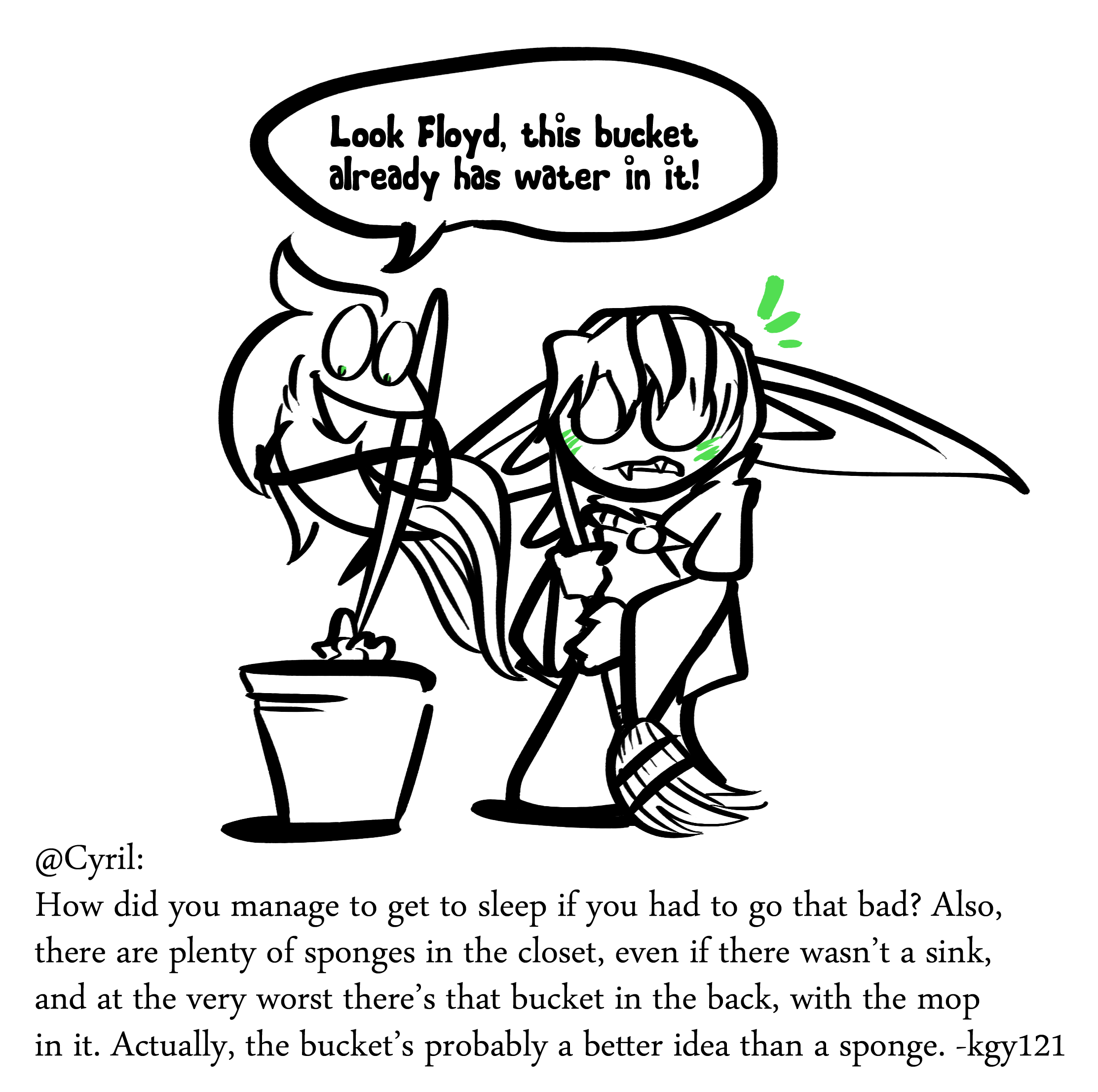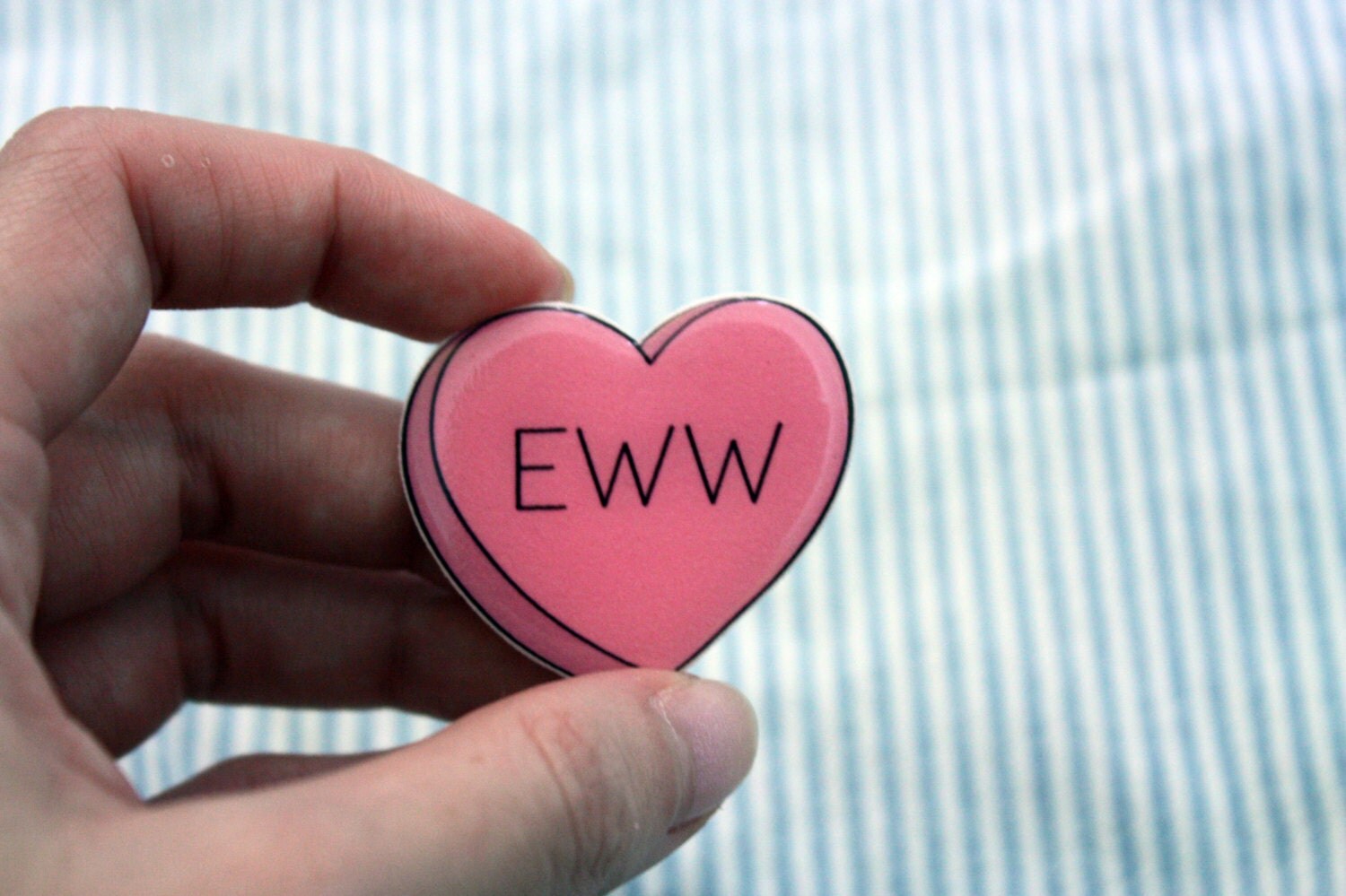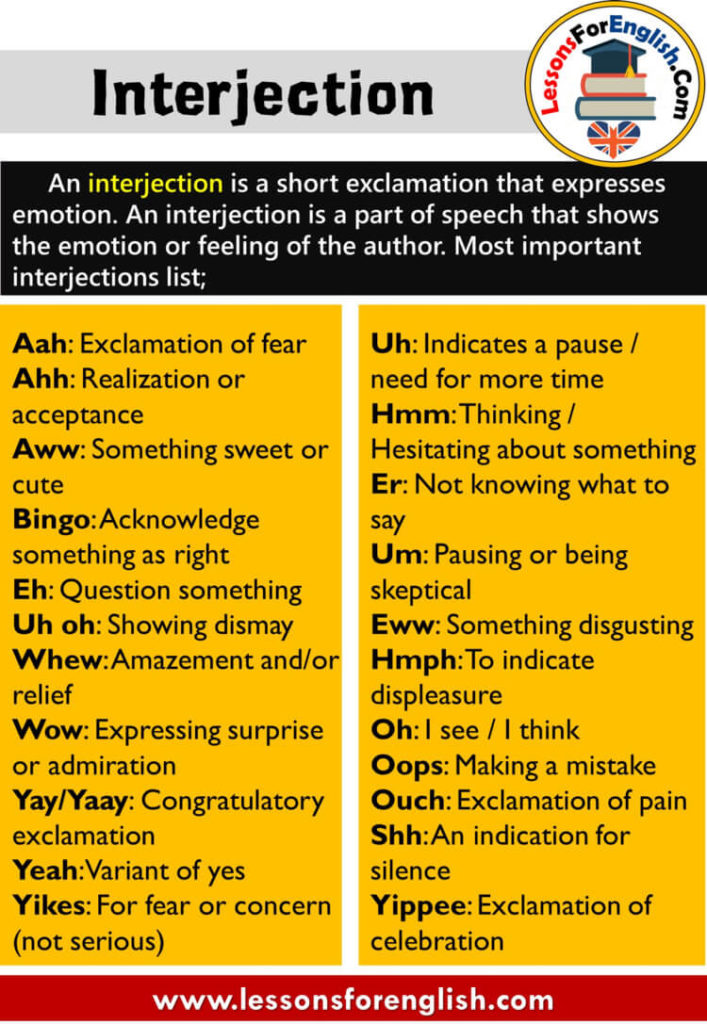
Introduction
Have you ever heard someone say "eww" and wondered what it meant? If so, you're not alone. "Eww" is a common expression used by English speakers, particularly young people, to express disgust or distaste for something. In this article, we'll explore the meaning of "eww" in English and where it comes from.
What does "eww" mean?

"Eww" is an interjection used to express disgust or distaste for something. It is similar to "yuck" or "gross" in meaning but is considered more informal and slangy. People might say "eww" in response to something they find repulsive, such as a bad smell or taste or an unpleasant sight.
Where does "eww" come from?

The origins of "eww" are unclear, but it is likely a variation of the word "ew," which has been used since the 16th century to express disgust. "Ew" is thought to be an abbreviation of the word "eugh," which was used in Middle English to indicate disgust or aversion.
How is "eww" used in conversation?

"Eww" is typically used as an interjection, meaning it is inserted into a sentence or phrase to express disgust. For example, someone might say "eww, this food tastes terrible" or "eww, what's that smell?" "Eww" can also be used on its own as a response to something unpleasant.
Is "eww" considered rude?

While "eww" is not considered a swear word or vulgar, it can be considered impolite or rude in certain contexts. For example, saying "eww" in response to someone's appearance or personal habits could be hurtful or offensive. It's important to use "eww" and other similar expressions with discretion and consideration for others.
Can "eww" be used in formal settings?

Generally, it's best to avoid using "eww" in formal or professional settings, as it can be seen as inappropriate or unprofessional. In situations where you need to express distaste or disgust, it's better to use more formal language, such as "I find that unpleasant" or "I'm not fond of that."
Alternatives to "eww"

If you're looking for alternatives to "eww," there are plenty of other expressions you can use to express disgust or distaste. Some common ones include "yuck," "gross," "blech," and "ick."
Conclusion
"Eww" is a common expression used by English speakers to express disgust or distaste for something. While it's not considered a swear word or vulgar, it's important to use "eww" and other similar expressions with discretion and consideration for others. If you're looking for alternatives to "eww," there are plenty of other expressions you can use to express disgust or distaste.